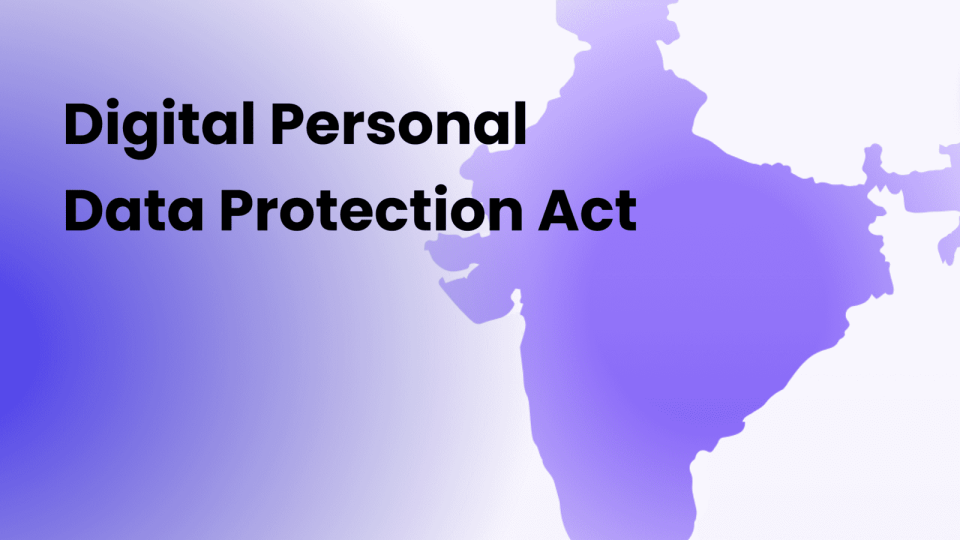The Digital Personal Data Protection (DPDP) Act’s regulations might establish a comprehensive framework for companies to manage consent rather than providing specific rules.
These regulations could exempt educational institutions from certain consent requirements, but ed-tech companies would still be affected.
People familiar with the matter stated that the executive regulations under the DPDP Act are expected to offer general guidelines rather than specific rules for consent management. The Economic Times (ET) reported this information.
Additionally, the regulations may mandate government-issued identity card-based age and consent verification while allowing companies to develop their own age verification systems.
This is crucial to ensure smaller entities comply with the Act’s regulations without disrupting their business operations.
Moreover, while the regulations may grant exemptions to educational institutions for processing and obtaining parental consent for children’s data, another source mentioned that these benefits are unlikely to extend to ed-tech companies.
Section 9 of the DPDP Act prohibits tracking children’s behaviour on digital platforms and prohibits targeted advertising for users under 18.
In July, the Ministry of Electronics and Information Technology held discussions with stakeholders, including social media and internet companies, to address the issue of obtaining verifiable parental consent. Some of these companies had sought clarification on tracking children’s activity for advertising purposes.
Unlock profitable opportunities every day! Unicorn Signals provides actionable intraday trading signals for stocks and futures. Don’t miss out – download Unicorn Signals and start winning now!







